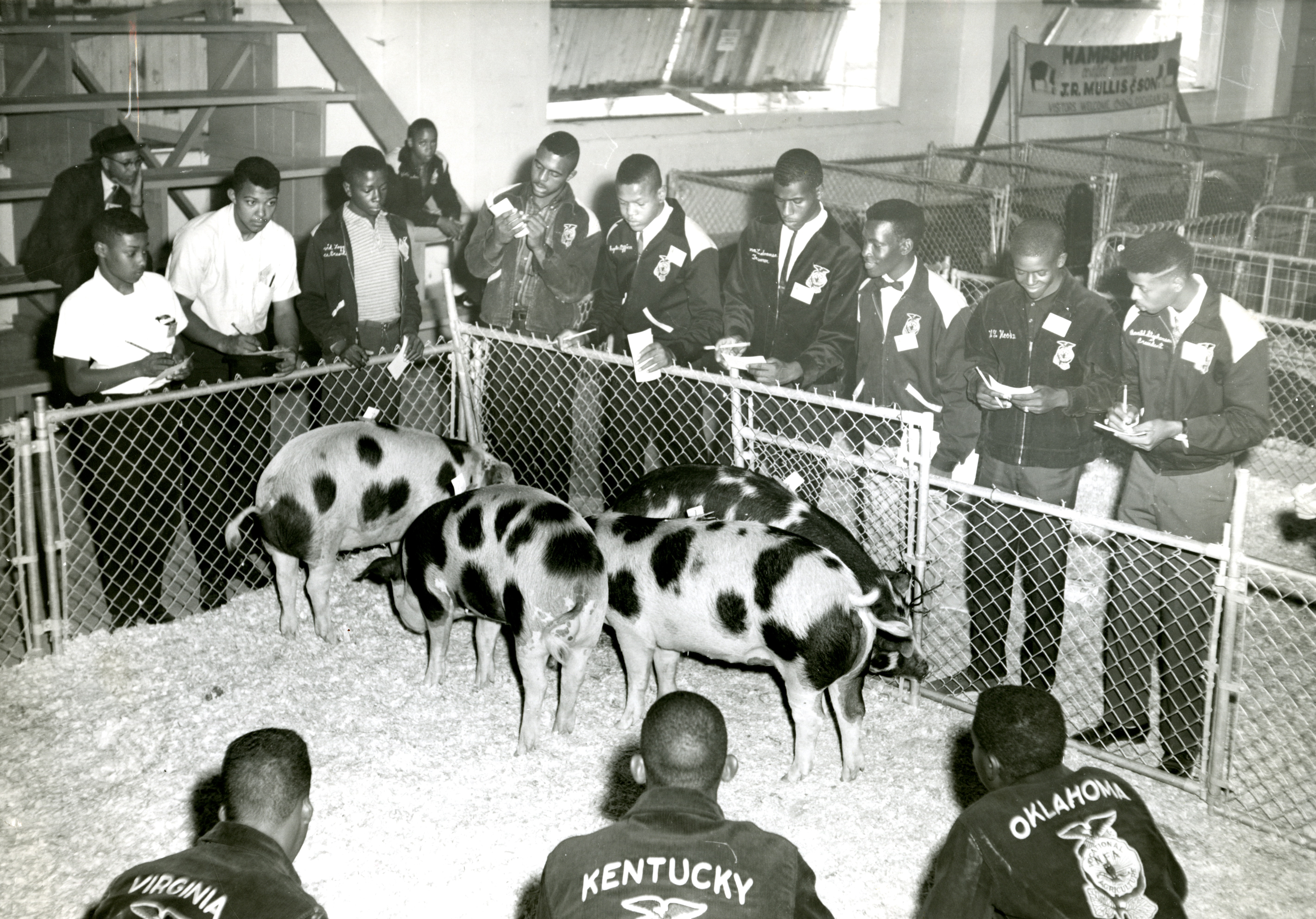George A. Brakeley, Jr., has been involved in the business of providing counsel to fund raising entities since 1934. In that year, he joined the firm for which his father was Senior Vice-President, the John Price Jones Company, Inc. (JPJ). Brakeley and JPJ developed "Survey, Analysis and Plan" reports for groups seeking to begin a fund raising campaign. In the 1940's, Brakeley began developing a campaign for a Canadian client, McGill University, which led to the creation of John Price Jones Company (Canada), Ltd., headed by Brakeley. A few years later, in the mid-1950's, he started a firm, G. A. Brakeley Company (GABCO). This company was extremely successful, and by the late 1960's had offices on both U.S. coasts and in Canada. Brakeley continued his association with JPJ during this period, however, as well as developing smaller ventures such as Brakeley and Roberts Ltd. (a public relations firm in Canada), and the Robert Johnston Company (headed by an associate of Brakeley). In 1972, GABCO and JPJ officially merged to become Brakeley, John Price Jones, Inc. (BJPJ), with Brakeley as Chairman of the Board. In 1983, George A. Brakeley III and other senior officers of BJPJ bought the controlling interest of the company, although Brakeley Jr. stayed on as Chairman until 1986. A year later he was named Senior Consultant, a title he still holds. The Brakeley papers consist of client files of seven companies associated with Brakeley, staff training materials, publications and marketing materials, manuscripts, study reports, magazine and journal articles, speech transcriptions, and staff memoranda.

